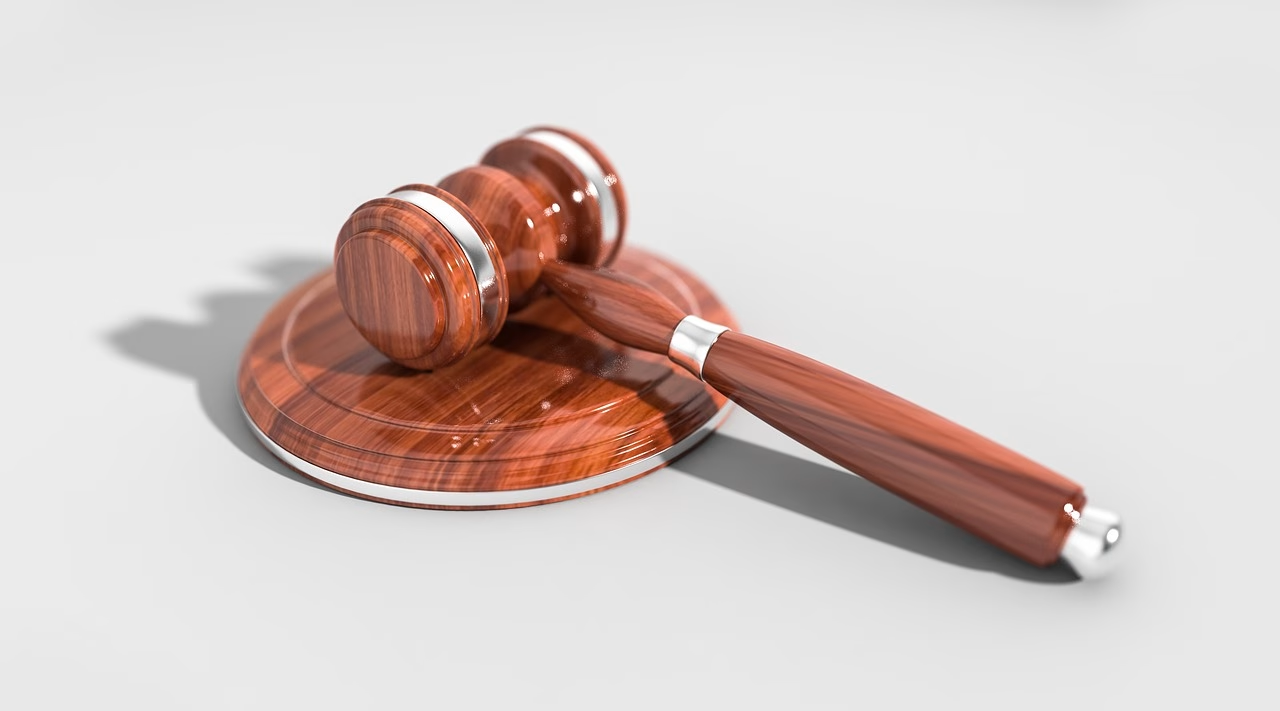
Commissioner of Domestic Taxes v ICEA Lion General Insurance Company Limited (Income Tax Appeal E105 of 2023) [2025] KEHC 14865 (KLR)
Factual background
If you own a vehicle or even a motorcycle, then it’s probably insured. In the unfortunate event that car or motorcycle gets involved in an accident and becomes a wreck, the insurance company will indemnify you for the loss. You are then required to hand over the salvage to the insurance company, either by contract or by operation of the law (the doctrine of subrogation).
The insurance company usually then sells the salvage to mitigate its loss. The VAT Act exempts insurance and reinsurance services from payment of VAT. However, does the sale of a salvage vehicle form part of an insurance service exempt from VAT deductions? That was the question before the High Court in this case.
The dispute arose from a compliance review conducted by the Appellant on the Respondent for the years 2015 to 2018, which resulted in a notice of assessment for Corporation Tax and Value Added Tax (VAT). After the audit, the appellant issued a Notice of Assessment demanding additional Corporation Tax and Value Added Tax (VAT), including penalties and interest. The Corporation Tax issue was settled through Alternative Dispute Resolution, leaving unresolved the question of whether VAT was chargeable on the disposal of salvage motor vehicles by the Respondent, amounting to Kshs 88,805,225.
The respondent appealed to the Tax Appeal Tribunal, which ruled in its favour. The Tribunal held that the disposal of salvage vehicles is an integral part of the insurance business and falls within the VAT exemption for insurance services under the VAT Act. Dissatisfied, the Appellant lodged this appeal to the High Court.
Issues for determination
The sole issue for determination was whether VAT is chargeable on the disposal of salvage motor vehicles.
Determination of the court
The disposal of salvage vehicles by sale or auction is incidental and integral to the insurance business and falls within the allowable VAT exceptions. This is because the classification of disposal of salvages as a simple sale of goods fails to appreciate the unique legal nature of the transaction, which is rooted in the doctrines of indemnity and subrogation.
When an insured’s motor vehicle is written off and the insurer pays the agreed value, the insurer acquires a right to the salvage. This is not a commercial purchase. No separate consideration is paid for the wreck. The acquisition of the salvage is a legal consequence of the contract of indemnity. The subsequent disposal of the salvage is, therefore, not a distinct trading activity but the final step in the process of indemnification. It is the realisation of the insurer’s right of subrogation, aimed at mitigating the loss incurred from paying the claim. The proceeds are not trading income in the conventional sense. They are meant to reduce the net costs of claims.
Applied rules and legal principles
- Strict construction of tax statutes: Taxing statutes must be strictly construed and a tax obligation must be clearly and unequivocally stated in the law.
- Harmonious construction of statutes: where statutes relate to the same subject matter, they must be read in harmony to discern the legislative intent. The principle of harmonious construction ensures that the legislative scheme is understood as a coherent whole.
- Doctrine of indemnity and subrogation: Insurance contracts are contracts of indemnity aimed at restoring the insured to their pre-loss position. Upon indemnifying the insured, the insurer acquires the right of subrogation, stepping into the insured’s shoes to recover losses from third parties. The acquisition and disposal of salvage is a legal consequence of indemnification, not a separate commercial transaction.
- Simple supply doctrine in VAT: If multiple elements of a transaction are so closely linked that they form a single indivisible economic supply, they should not be artificially separated for VAT purposes.
- VAT Act provisions: Section 5(1) imposes VAT on taxable supplies, defined as supplies other than exempt supplies made in the course of business. The First Schedule exempts insurance and reinsurance services (excluding certain consultancy and assessment services).
- Definition of insurance business: The Insurance Act defines insurance business broadly to include any business incidental to insurance.
Conclusion
The clarification as to the classification of disposal of salvage vehicles by insurance companies in this case brings the much-needed clarity in applicable tax frameworks. A holistic and harmonious reading of the Insurance Act and VAT Act by the court to place disposal of salvage under the VAT exemptions, not only favours the taxpayer but also brings out the true legislative intent of the Parliament. The case therefore settles the question of whether disposal of salvage vehicles is VAT exempt unless this case is appealed and overturned by the Court of Appeal.
